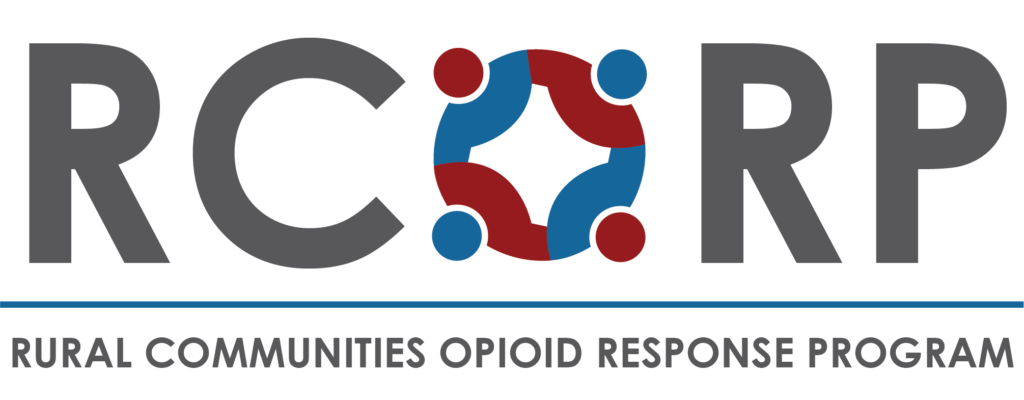Insurance for Recovery Housing
Buying insurance for your recovery house.
Recovery Ecosystems for Rural Communities
The rural recovery ecosystem explained.
Crossing Miles to Save Lives: Touchless Naloxone Delivery in Rural Communities
Naloxone can counteract the life-threatening effects of an opioid overdose. As communities confront overdoses involving synthetic opioids that may require higher doses of naloxone, naloxone distribution is critical.
In this webinar, Gloria Baciewicz (Strong Recovery) and Patrick Seche (UR Medicine Recovery Center of Excellence) discuss targeted naloxone distribution, including how to establish a program, addressing how to become a registered program, how to get trained, how to provide training, how to acquire naloxone for distribution, how to distribute it to trained providers, and innovative methods for remote/virtual training and “no touch” delivery (e.g., by mail) to expand access to naloxone in rural areas.
A Campaign to Reduce Stigma
“Individuals impacted by opioid use disorder (OUD) met with artist Charmaine Wheatley to have their portraits painted. These portraits include the words of these Appalachian community members to humanize the crisis, thereby reducing the stigma associated with OUD.”
Behavioral Health Care Managers: An Approach to Integrating Behavioral Health in Rural Primary Care Practices
This article discusses a model for integrating Behavioral Health into rural primary care practices, recognizing that “Primary care providers (PCPs) are increasingly playing a vital role in addressing patients’ behavioral health care needs given the shortage of behavioral health providers and other challenges in the health care system.”
Bridging the Gap: Telemedicine as a Path to Primary Care Pharmacotherapy for Opioid Use Disorder
In this webinar, Dr. Holly Russell and Michele Lawrence of UR Medicine Recovery Center of Excellence discuss telemedicine MOUD as a bridging strategy. They go through key questions involved in implementing a program, including how to plan and implement the use of a telemedicine “bridge,” and how to reach key populations with such a program. The bridge approach provides the community time to heal and develop trust, and also ensures physicians time to become trained in MOUD and build the necessary care management infrastructure into their practice for OUD treatment. Finally, the bridge connects patients with local access to the medication that is critical to their recovery and survival,
Insurance for Recovery Housing
Purchasing insurance for your recovery house is different from insuring your own home. Recovery housing insurance is nuanced and may require discussions with your board and insurance agent, and not all insurance agents are skilled in recovery housing insurance. You may have to look at other insurance companies to get appropriate coverage.
Insurance for Recovery Housing
This course provides you with an overview of the different items you should investigate as you seek to obtain insurance for a recovery housing site.
Recovery Ecosystems for Rural Communities
The rural recovery ecosystem explained.

